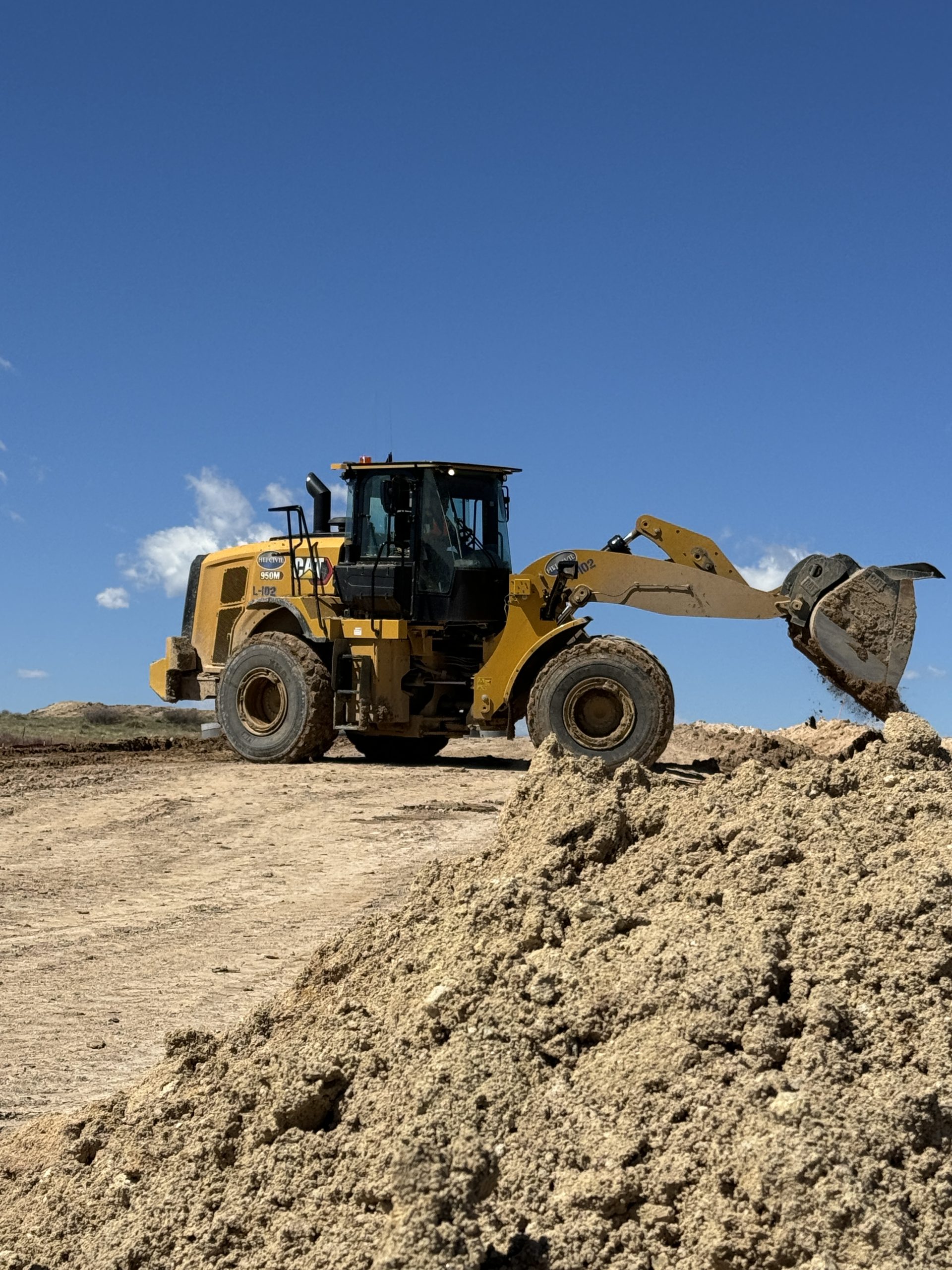Surveying is a cornerstone of heavy construction, ensuring that projects are built to specifications with the utmost accuracy. From the initial planning stages to final inspections, surveying is crucial in laying the groundwork for successful construction projects. Here’s an overview of how surveying supports and enhances heavy construction.
Initial Site Analysis
A comprehensive site analysis is performed before any construction begins. Surveyors assess the topography, soil composition, and existing structures to create detailed maps and models of the project site. This information is critical for identifying potential challenges and informing the design and planning stages.
Design and Planning Support
Accurate survey data is essential for developing effective design plans. Surveyors provide the precise measurements and topographical details architects and engineers need to draft blueprints and construction plans. This data ensures that designs are feasible and aligned with the site’s physical conditions.
Boundary and Right-of-Way Establishment
Establishing clear boundaries and rights-of-way is vital to heavy construction projects. Surveyors determine the exact limits of the construction area, ensuring compliance with property lines and legal regulations. This step is crucial for preventing disputes and ensuring the project remains within designated areas.
Elevation and Grading
Surveying provides critical data on the elevation and grading of the construction site. Accurate elevation measurements are essential for proper drainage, preventing flooding, and maintaining structural integrity. Grading surveys guide excavation and filling processes, ensuring a stable and level foundation.
Layout and Alignment
During construction, surveyors set out the project’s layout and alignment. They establish reference points and markers that guide construction teams in adhering to the design plans. Proper alignment ensures structures are built according to specifications, leading to safer and more reliable outcomes.
Monitoring and Quality Control
Surveying continues throughout the construction process, with monitoring and quality control checks. Surveyors verify the work is proceeding according to plan and identify any necessary deviations. This continuous oversight ensures that the project stays on track and meets quality standards.
Final Inspection and As-Built Surveys
Once construction is complete, surveyors conduct final inspections and as-built surveys. To ensure compliance and accuracy, these surveys compare the finished project with the original design plans. As-built surveys provide a detailed record of the completed project, which is valuable for future maintenance and upgrades.
Surveying is integral to the success of heavy construction projects, providing the precision and accuracy needed from start to finish. By supporting initial site analysis, design, boundary establishment, elevation, layout, and quality control, surveying ensures that construction projects are executed efficiently and to the highest standards.




